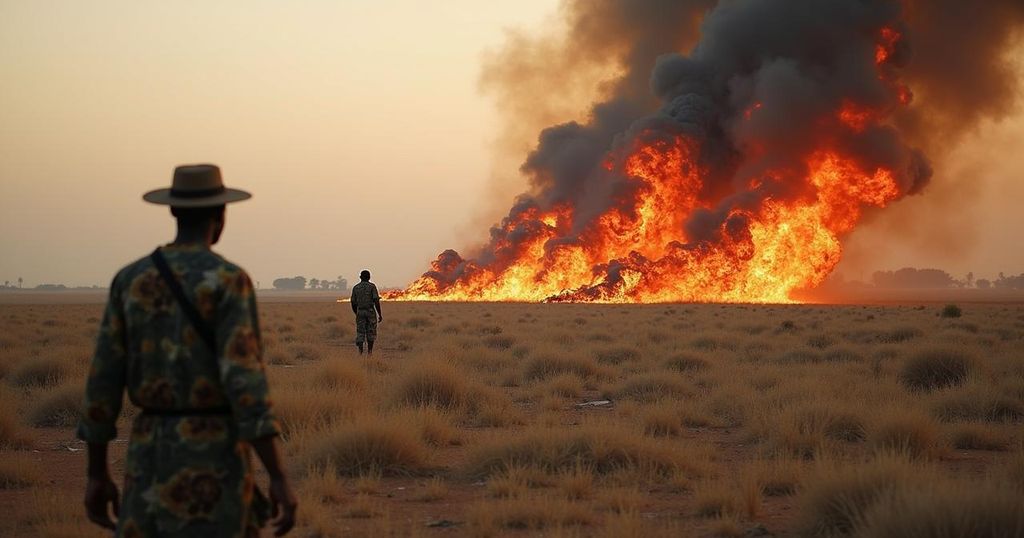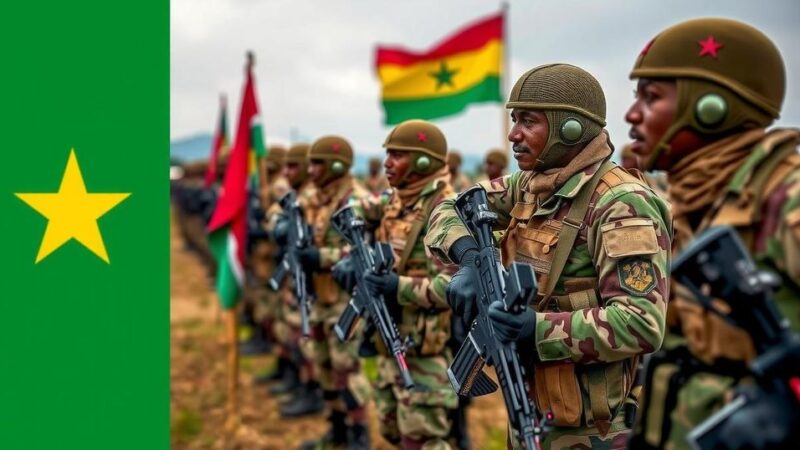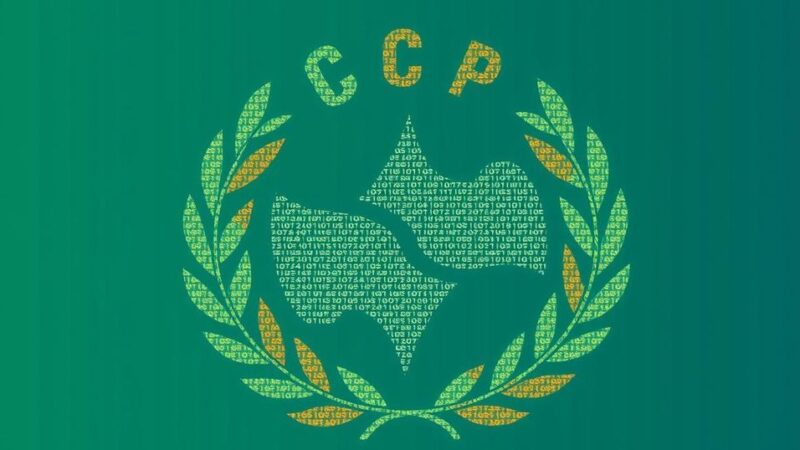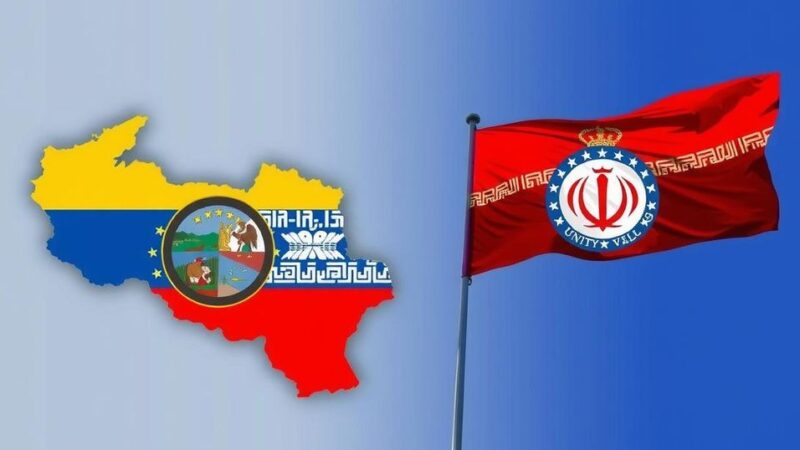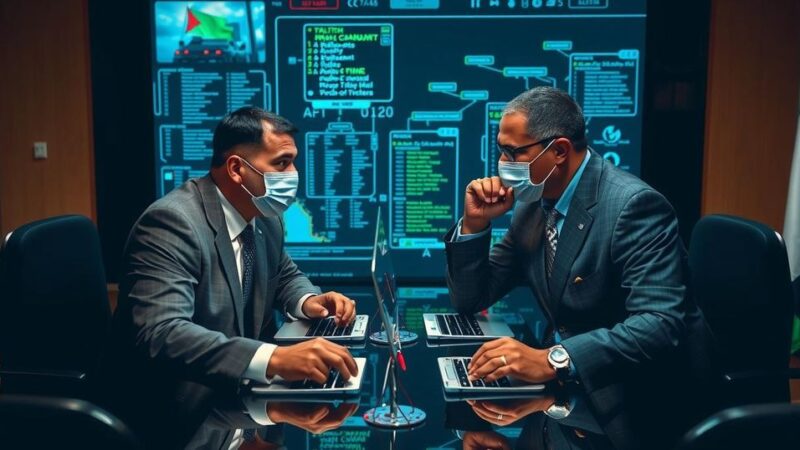The recent attacks in South Sudan have resulted in the deaths of 24 individuals, predominantly civilians, due to clashes between government forces and the National Salvation Front (NAS). The United Nations has called for immediate investigations into these violent incidents. The country, struggling with a history of civil conflict and political instability, faces ongoing humanitarian challenges amidst delayed peace processes and elections.
Recent violence in South Sudan, including attacks and counterattacks involving rebels and government forces, has resulted in the deaths of 24 individuals, primarily civilians, according to reports from the United Nations and local officials. This week, assaults in Central Equatoria state were attributed to factions of the National Salvation Front (NAS), who clashed with government troops. The United Nations Mission in South Sudan (UNMISS) expressed grave concern over the interconnected violence, which claimed 24 lives, with a reported 19 civilians among the deceased. UNMISS head Nicholas Haysom demanded immediate governmental action to investigate these brutal incidents and ensure justice for the victims. Peace Minister Gerald Francis elaborated that during two separate attacks, 19 individuals were killed, with armed assailants targeting youths. He characterized the violence as a “horrific massacre,” underscoring the severe consequences of continued unrest in the region. Despite a peace agreement signed in 2018 intended to end a protracted civil conflict that has claimed around 400,000 lives since its onset in 2013, factions such as the NAS remain armed. The fragile peace process has seen repeated delays in constitutional development and the organization of national elections. South Sudan continues to grapple with extensive political instability, ethnic tensions, and an economy crippled by corruption and recent challenges, including the rupture of an essential oil pipeline in Sudan, which exacerbated local currency devaluation and inflation of basic goods. The nation, impoverished despite its oil wealth, remains fraught with humanitarian issues stemming from its history of violence and conflict.
South Sudan, which gained independence from Sudan in 2011, has been in turmoil since a civil war erupted in 2013, exacerbated by political rivalries between key leaders President Salva Kiir and Vice President Riek Machar. The country has not yet recovered from the extensive human and economic toll of this internal strife, which has led to widespread displacement and suffering. The peace agreement in 2018 aimed to stabilize the situation, bringing together conflicted factions, yet implementation remains elusive, impacting the stability and governance of the nation.
The violence in South Sudan highlights the ongoing struggles faced by the nation to achieve peace and stability after years of civil conflict. With the continued engagement of armed factions and the need for robust investigations into recent atrocities, the international community must remain attentive to the situation in South Sudan. Efforts towards lasting peace and governance reforms are essential to provide hope for its citizens and restore order.
Original Source: www.barrons.com
